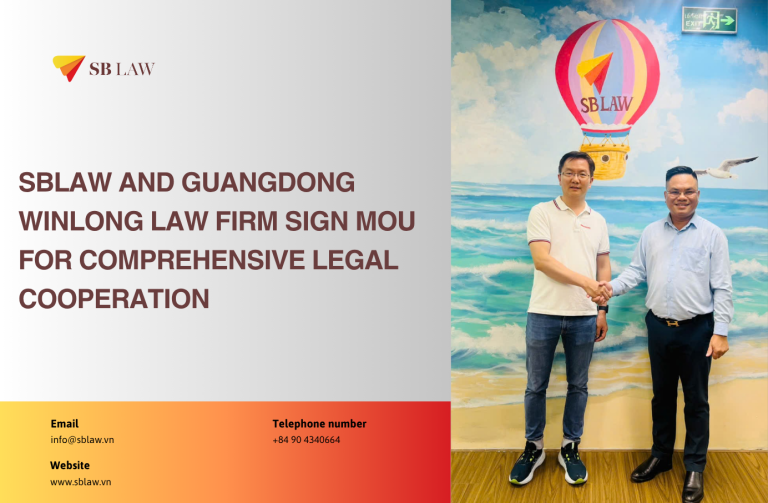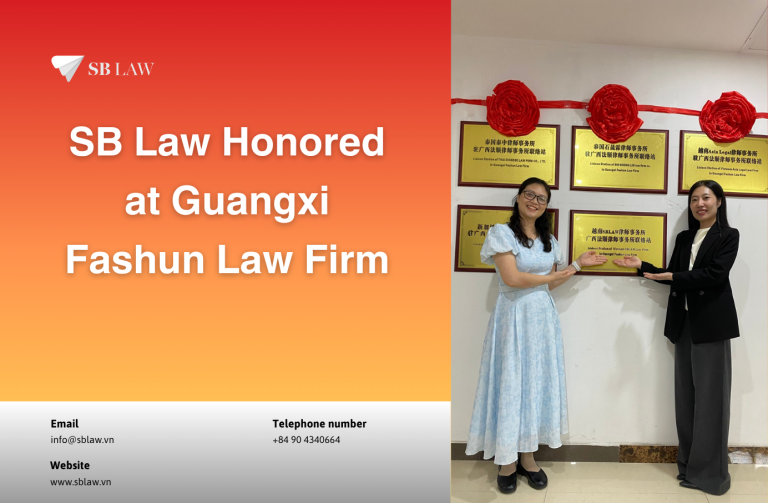Eleven years after entering the Dragon, Starbucks is now intent on dominating it.
Howard Schultz, founder and chief executive of the global coffee retailer, is determined to make China Starbuck’s second largest market after the US, replacing Japan which currently holds that position.
Mr Schultz – who returned to day-to-day running of the company two years ago – said that he wants to open “thousands of stores” across China.
The retailer entered mainland China for the first time in 1999, with a shop in Beijing, and has since expanded to 376 shops.
But in an interview with the Wall Street Journal, Mr Schultz said: “Over time there will be thousands of stores in China. But it’s a complicated market that requires significant discipline and thoughtfulness.”
“Cracking the code in China for any company is not an easy task—there will be a number of winners and lots of losers of people who go there and rush to judgment and don’t succeed,” he continued.
The plan appears to involve focused expansion of the Starbucks brand over time, centering on markets where it is proven that coffee will be drunk by domestic Chinese, as opposed to tourist centres in major cities.
One of the reasons behind Mr Schultz’s desire – which also includes a focus on Vietnam and India – is due to the slowdown in sales in Japan.
Starbucks has 878 outlets across Japan, making it its largest territory outside North America, but sales have been sluggish in part as a result of price competition.
Sales at Starbucks Japan are forecast to have stayed flat in the financial year to the end of last month, although operating profit is expected to have risen by approximately 12pc.
The company, which has been in Japan for 14 years, has worked heavily to tailor its offering to local tastes, and by bringing costs down by sourcing more local ingredients.
It is expected it will follow similar patterns in China, where the potential is significantly greater due to continued fast-pace economic growth and the size of the population.
Growth in new territories will also off-set slower growth in more established markets, although the retailer in January reported its first first-quarter of like-for-like sales growth since the end of 2008.
Starbucks shares rose 17 cents to $24.66.
By James Quinn, US Business Editor
Published: 8:01PM BST 13 Apr 2010
Under Telegraph.co.uk




